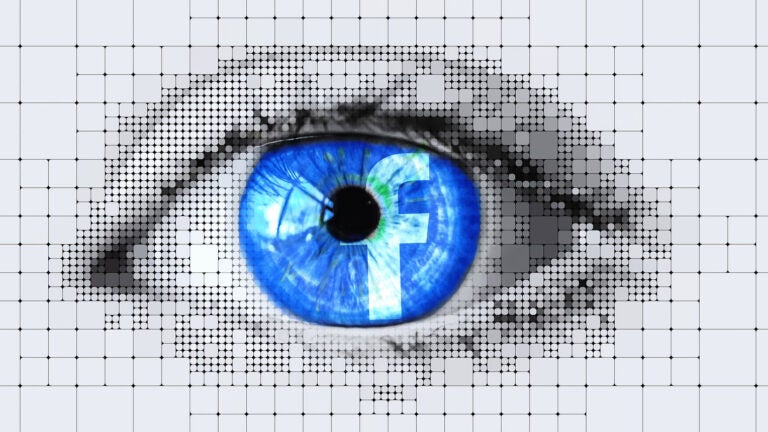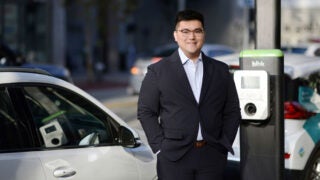
Is this the beginning of the end for Facebook?
In the wake of the Cambridge Analytica scandal and a #DeleteFacebook movement, USC experts look at how this week’s events might impact the social network
What does this week mean for the future of Facebook?
After news broke that the political data firm Cambridge Analytica accessed private Facebook user data and then used that information to target ads supporting Donald Trump’s presidential campaign, a #DeleteFacebook movement grew. By Wednesday, Facebook CEO Mark Zuckerberg had apologized for the “breach of trust,” but for many the damage to Facebook’s reputation had been done.
“Facebook seems to be in breach of its terms of service, and if that’s the case, its value-producing members should consider their options: ditch, deactivate or dissemble,” said Mark Marino, an associate professor in the USC Dornsife College of Letters, Arts and Sciences who directs the Humanities and Critical Code Studies Lab.
Marino suggested that people might consider creating a new Facebook account to maintain a presence on the social network without sacrificing personal data. But, he added, “this might prove moot to college students who seem to prefer other platforms, including group chat.”
Impact on the election
Aside from the privacy issues, another question looms: Did these breaches and subsequent profiling actually affect the outcome of the 2016 presidential election?
We don’t have actual information about whether these ads or efforts by Cambridge Analytica affected who people voted for.
Emilio Ferrara
“There has not been enough discussion about whether this type of manipulation has an effect on people’s politics,” said Emilio Ferrara, a computer scientist at the Information Sciences Institute at the USC Viterbi School of Engineering. “We don’t have actual information about whether these ads or efforts by Cambridge Analytica affected who people voted for, or whether these operations changed the election.”
Regardless, Facebook has not served itself well by relying on user agreements and tiny type that most users ignore, said Ali Abbas, an ethics and decision-making expert who directs the Neely Center for Ethical Leadership and Decision Making at the USC Marshall School of Business and USC Viterbi School.
“This is really about the fine print, like when people sign up for a credit card or a bank account,” he said. “How many people actually read that and consciously accept it?”
The future of Facebook
Abbas said Facebook – which has been criticized for the length of time it took Zuckerberg and other top leaders to respond to the crisis – needs to step up its game.
“The response from Facebook so far is the weaker route of responding to this by saying, ‘OK, we are going to improve,’” Abbas said.
To build trust with people, you don’t just say, ‘We are going to improve.’.
Ali Abbas
“To build trust with people, you don’t just say, ‘We are going to improve.’ You work on making your policies transparent, making your users feel protected and helping users understand the terms to which they are agreeing.”
User agreements are hardly the best safeguard, said Valerie Barreiro, a visiting assistant professor at the USC Gould School of Law where she directs the Intellectual Property & Technology Law Clinic.
“Ideally, users could elect to decline or modify the collection of data, but more often users that opt out of data collection are either denied the service or product or provided with a significantly degraded service,” Barreiro said. “Opting out of social media services such as Facebook is often not a viable choice if consumers want to stay up-to-date regarding news, employment opportunities, social gatherings or shared interests.
“The first step we need for greater protection is the recognition that the companies that gather the personal information and the users about whom the data is collected both have an interest in the use of the information.”



